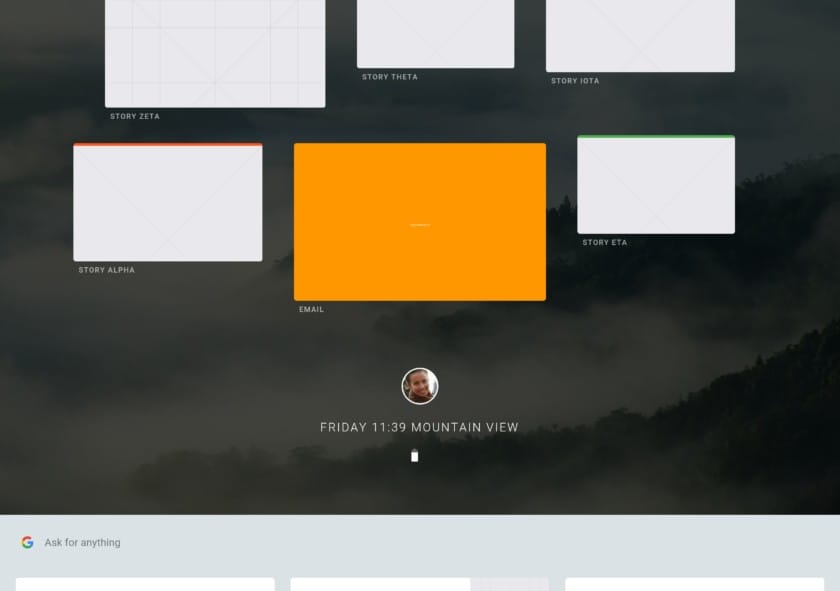Google's Fuchsia OS looks like a redesigned Android

Google’s Android has dominated the mobile market for quite a few years. Its smartphones, ranging from budget devices to expensive flagships, can be found pretty much everywhere. However, the company has been quietly developing a new in-house OS dubbed Fuchsia.
Fuchsia OS first made an appearance back in August. Back then, it was nothing more than a command line and a prototype. It appears that Google is actually more invested into this OS than we might have originally thought.
One of the most interesting tidbits about this OS is that it is not be based on Linux, unlike Android and Chrome OS. Instead, it uses Google’s own microkernel, “Magenta”. Apparently, the search giant wishes for Magenta to one day be found in both “modern phones and modern personal computers”.
Now, Fuchsia actually has UI called Armadillo. As Fuchsia is completely open-source and cross-platform, interested users can already run Fuchsia’s current iterations on any Android device. Since everything is practically a placeholder, you cannot really do anything with it.
Even so, there are traces of what Fuchsia is going to look like in the future. The home screen uses a radical new interface which seems to revolve around cards. There is also a basic keyboard, a home button, and a rudimental window manager.
According to Ars Technica, Fuchsia developer Travis Geiselbrecht went on Fuchsia’s IRC channel to reassure everyone that this OS “isn’t a toy thing, it’s not a 20% project, it’s not a dumping ground of a dead thing that we don’t care about anymore”.
After all, it seems quite reasonable that Google would want to develop its very own OS based on its very own platform without any obligations to third parties. Moreover, it is a surefire way to ensure that the company’s guidelines, on design and performance, can be met without fail.
Redesigning its mobile platform while dumping Linux, Java, and all the associated problems while keeping the OS open will basically give Google the best of all worlds. If Android could guarantee the smooth performance of iOS with consistent updates across the board then both developers and end-users may finally be happy.
Migrating from Android into a new OS is, however, a problem that Google is not ready to face yet. The very idea of convincing manufacturers like Samsung, who already want to move on to their very own platforms, to switch over to an OS entirely developed (and controlled) by Google will be a hard bet.
Putting an emphasis on the cross-platform capabilities of Fuchsia and its advantages over Android may be enough to convince both Google and third-party OEMs and developers to adopt the platform. Whether Fuchsia will ever be turned into a real product, however, remains to be seen.



